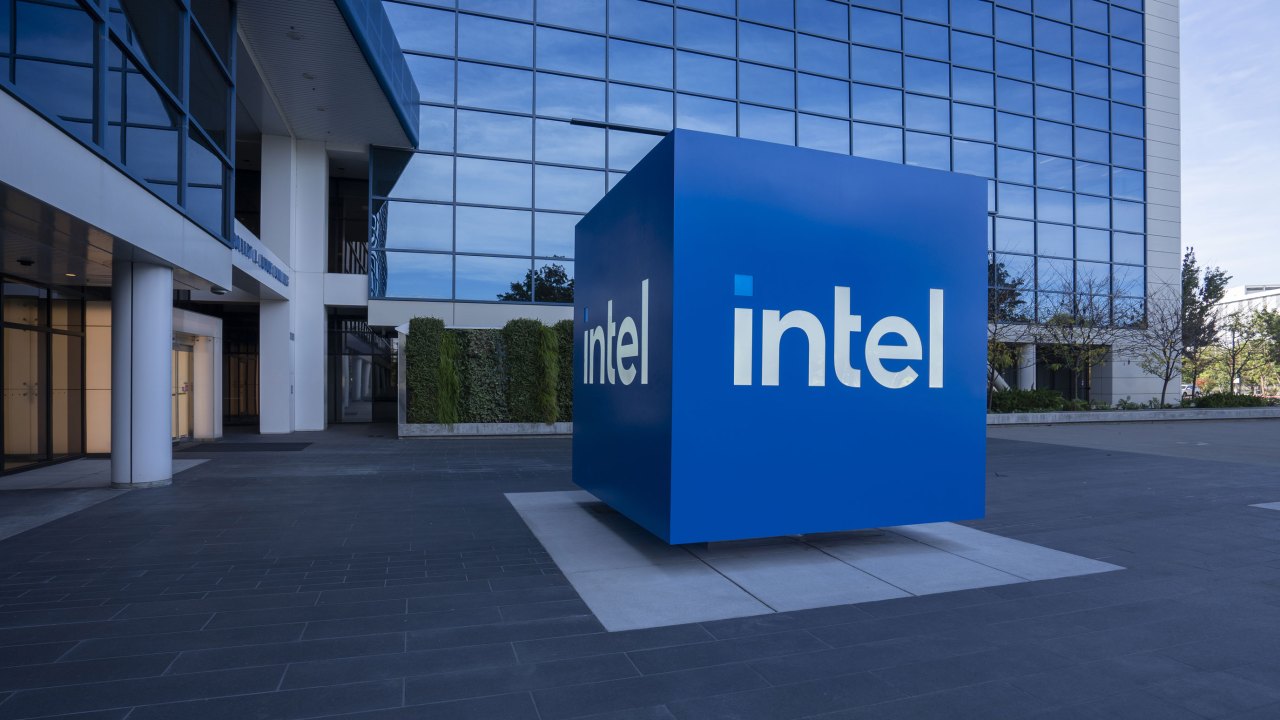As businesses across the globe shift towards digital transformation, the demand for advanced technological solutions grows exponentially. Generative AI—capable of producing text, images, and operational insights—promises to revolutionize how companies approach productivity. However, can such tools truly interoperate within an enterprise environment? By spearheading the Open Platform for Enterprise AI (OPEA), the Linux Foundation and its partners, including industry giants like Intel, Cloudera, and Hugging Face, are setting the stage to explore this very question.
What is OPEA?
Launched by the Linux Foundation on April 18, 2024, OPEA is an initiative aimed at developing open, modular generative AI systems that enable interoperability among diverse AI solutions. Under the Linux Foundation’s LF AI and Data organization, OPEA seeks to create scalable, hardened AI tools that leverage the best innovations from the open-source ecosystem.
Director Ibrahim Haddad emphasized that the project is about fostering collaboration, stating, “OPEA will unlock new possibilities in AI by creating a detailed, composable framework that stands at the forefront of technology stacks.” This neutrality is essential for companies looking to avoid vendor lock-in, providing a path towards a truly interoperable AI landscape.
Understanding Retrieval-Augmented Generation (RAG)
A notable concept emerging within OPEA’s ambit is Retrieval-Augmented Generation (RAG). This innovative approach expands the knowledge capacity of generative models beyond their initial training datasets. How does it work? RAG allows AI models to reference additional information—whether from proprietary databases, public resources, or a combination thereof—prior to generating responses or executing tasks.
- Flexibility: Enterprises often face the challenge of designing their RAG solutions due to a lack of industry standards. OPEA aims to address this by standardizing components, giving businesses the flexibility to adopt solutions that best suit their needs.
- Enhanced Insights: With RAG, companies can harness up-to-date information, leading to more relevant insights and more informed decision-making processes.
Performance Evaluation: Setting Standards for Success
Another critical feature of OPEA is its commitment to developing a comprehensive evaluation framework for generative AI systems. OPEA’s proposed rubric assesses tools across four key dimensions:
- Performance: This involves benchmarking real-world use cases to gauge effectiveness.
- Features: Interoperability and ease of deployment are vital for successful implementation.
- Trustworthiness: Ensuring that models maintain robustness and quality is a priority.
- Enterprise-Grade Readiness: The capability to quickly deploy systems without major hiccups is essential for operational continuity.
Through collaborative testing and assessments based on this rubric, OPEA is poised to help enterprises adopt generative AI solutions with greater confidence.
Future Possibilities: A Collaborative Road Ahead
OPEA aims not only at improving existing generative AI tools but also at laying the groundwork for new models and services. Some potential innovations that could emerge from this collaboration include:
- Open Model Development: Similar to Meta’s Llama family, OPEA could facilitate the creation of open models that keep pace with technological advancements.
- Unified AI Ecosystem: By working together, member companies such as Cloudera, Domino Data Lab, and VMware can develop an integrated ecosystem that enhances various facets of AI deployment, from infrastructure to application.
Conclusion: A New Era of Interoperable AI
The initiative by the Linux Foundation to establish OPEA marks a significant step toward the realization of interoperable generative AI tools tailored for enterprise needs. By prioritizing open-source collaboration and standardization, OPEA provides a pathway for businesses to leverage generative AI without the risk of becoming locked into a single vendor’s ecosystem.
As we continue to explore the horizon of AI possibilities, it’s crucial for enterprises to keep an eye on such developments, ensuring they are not just passengers on this transformative journey but active participants in shaping its future.
At fxis.ai, we believe that such advancements are crucial for the future of AI, as they enable more comprehensive and effective solutions. Our team is continually exploring new methodologies to push the envelope in artificial intelligence, ensuring that our clients benefit from the latest technological innovations.
For more insights, updates, or to collaborate on AI development projects, stay connected with fxis.ai.

